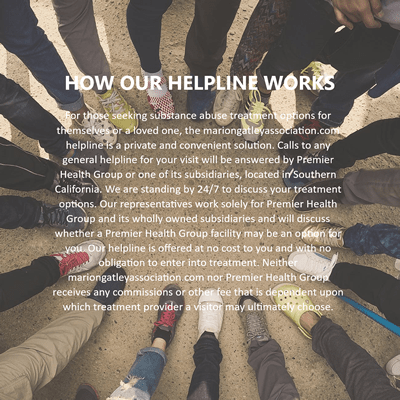What is Recovery?
Recovery begins after detox is completed. When an individual is living in recovery, it means that all substances of abuse have been eliminated from the body. In her paper, “The Role of Recovery Support Services in Recovery-Oriented Systems of Care”, Linda Kaplan includes the National Summit on Recovery’s definition of recovery. She writes, “Recovery from alcohol and drug problems is a process of change through which an individual achieves abstinence and improved health, wellness, and quality of life” (5). Recovery is not a cookie cutter process. The path of recovery involves different things for different individuals.
The stakeholders at the National Summit on Recovery agreed that recovery is not a linear process and that it includes varying levels of progression through each individual’s phases of recovery. Kaplan further explains that, “The critical variable is that the individual chooses the manner of his or her recovery and the services most appropriate to managing his or her recovery” (6). This belief is in alignment with Right Path Drug Rehab’s practice of creating individualized treatment programs for each client. We know that everyone has different experiences with addiction, and we have shown that working with the client to create treatment options fit for their unique circumstances ultimately fosters higher rates of lasting recovery.
What are Positive Coping Mechanisms?
In regards to addiction treatment and recovery, positive coping mechanisms are activities and practices that encourage relaxation and restoration during times of emotional stress and temptation. Many individuals find it difficult to relax, claiming that they don’t have the time to do so. When it comes to addiction recovery though, relaxation is not an option. It is an integral part of a full recovery. Even if an individual manages to stop abusing alcohol and drugs for quite some time, if she or he does not learn how to relax, the tension will eventually become so great once again that relapse will be inevitable.
Positive coping mechanisms are uplifting practices that involve relaxing, escaping, and rewarding oneself in a manner that does not involve substance abuse. While undergoing an addiction treatment program, an integral part of recovery should involve the exploration of positive coping mechanisms under the guidance of an experienced staff member. These positive practices can range from exercise and hiking to more complex techniques such as yoga or meditation.
What Positive Coping Mechanisms Are Available at Intervention Drug Rehab Association
Intervention Drug Rehab Association’s network of providers is please to be able to offer a wide variety of positive practices for our clients to utilize. Case managers will work with clients individually to help them discover which activities work best for them as replacements for substance abuse. We offer options such as seaside yoga classes, meditation, 12 step programs (both faith based and alternative), exercise and classes in our on-site 24 hour fitness facilities, art classes, and much more. Let our experienced staff show you just how beneficial relaxing activities can be. We know it can be difficult to reach out for help, but once you give us a call, we will take care of all the stress for you. Enrolling in an addiction treatment program at Intervention Drug Rehab Association will truly enable you to focus on yourself and your recovery.



